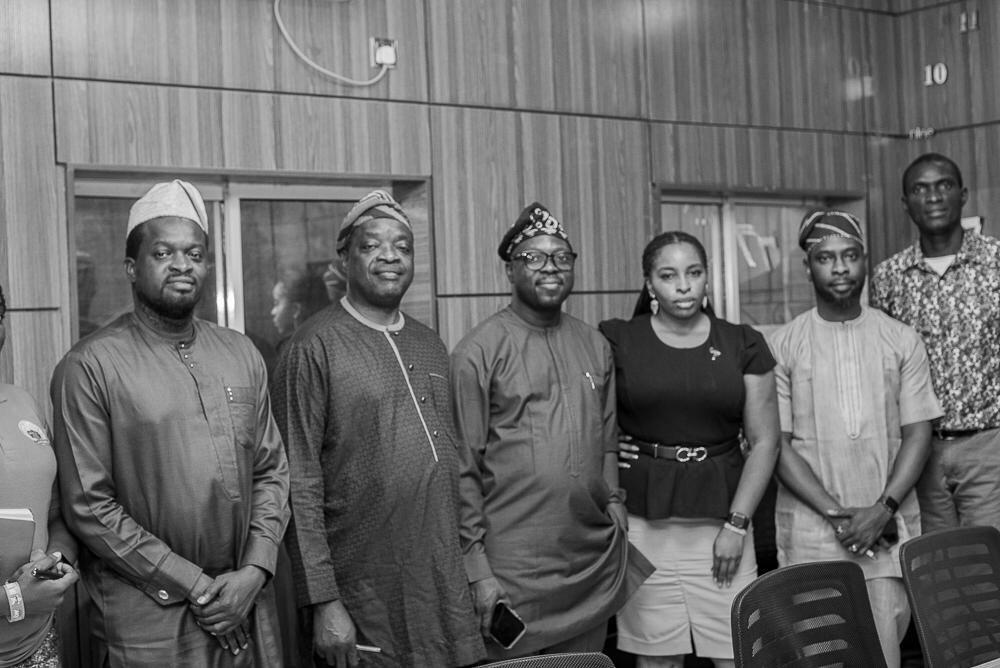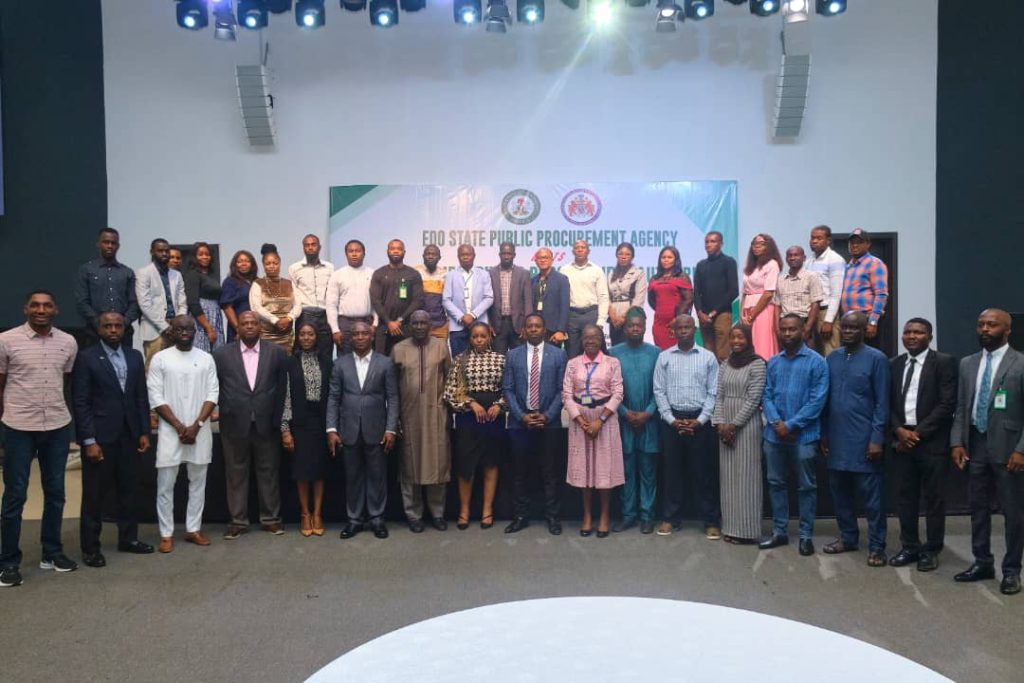I do not know if you read my piece titled, ‘’Rishis’ Rear Seatbelt Comeuppance’’. It was about Rishi Sunak, Prime Minister of the United Kingdom. Please kindly spare time and read it as it captures all the drama surrounding the citation issued the Prime Minister’s for failing to buckle up at the rear of a moving vehicle while filming a documentary. I said the Prime Minister, not a Mayor; neither a Member of Parliament.
In that piece, I doffed my hat for his humility in accepting his error and the apologies tendered to his government and the people of the United Kingdom despite the barrages of criticisms from opposition. Before I draw the curtain on the piece, I wish to first share a Facebook testimonial on the value of seat belt and how it saved a family. I know I blushed when I read the part by Susan Ade Coker applauding the efforts of the Federal Road Safety Corps. In her words, we tend to neglect the good works of the Federal Road Safety Corps Nigeria. They do excellent work of keeping roads safe especially during the festive periods.
I was therefore delighted to read her post mentioning how the family received help from members of the Road Safety Commission. The post was all about how a family on 28 December, 2022 survived a road traffic crash fatality all because of the inestimable value of the seatbelt as a safety device in the event of a possible crash.
According to the story, the family were travelling down to the east to celebrate new year with their grandma. The journey according to her was smooth but along Enugu-Okigwe, their car failed break. This happened shortly after the husband wanted to overtake a trailer man behind him and their car ran into the bush and hit a mighty tree. The family ended the testimonial by thanking God for road safety operatives who arrived just 2minutes after the crash, noting that nothing happened to my husband maybe because he was on a seatbelt.
This testimony underscores the value of seatbelt usage by all vehicle occupants. But before I continue, I must equally inform you that I love Nigeria too. It is my country of birth. Nigeria has provided me the platform to express myself and rise in my chosen career despite my innermost wishes. Like my brother from another mother, Patrick Adenusi, I am proud of the Green, White and Green flag.
Like I wrote last week, I do have my worry. I am worried about when we would domesticate the UK example. I am also worried that what happened to Rishi couldn’t have been imagined to happen in our clime. For emphasis, Prime Minister Rishi Sunak was filmed without a seatbelt in a moving vehicle.
He was fined by the Lancanshire Police with a conditional offer of a fixed penalty. In his humility, Mr Sunak “fully accepted his mistake and apologised”, and promised to pay the fine.
I once informed you that passengers caught failing to wear a seatbelt when one is available can be fined a hundred pounds. I also informed you that this fine can increase to five hundred pounds if the case goes to court. In our clime, the fine is a mere pittance that targets only the driver without any consequence on the defaulting passenger unlike in the UK.
Funny enough, I have a frisson feeling at the thought of the likely reactions if what happened in the UK had happened in Nigeria with numerous phone calls and threats which I have experienced from both the mighty and lawless. But in the case of the Prime Minister, like I stated earlier, he apologised, promising to pay his fines. Despite this sense of humility, critics tore him into shred calling him a liability and laughing stock
with the Liberal Democrats thumping the police for what they called, ‘’the Conservatives eventual comeuppance.”
When I wrote on this last year, I informed you that Passengers aged 14 and over in the UK are responsible for ensuring they wear a seat belt in cars, vans and other goods vehicles if one is fitted. Drivers are responsible for passengers under 14.
Exemptions include having a doctor’s certificate for a medical reason, or being in a vehicle used for a police, fire or other rescue service. This I had advocated as a best practice that could change the face of seatbelt compliance in our clime especially at the rear But while we would consider tinkering with this thought, it is interesting to bring you up to speed with current developments in the United Kingdom where despite the level of success recorded and the amount invested in raising the level of awareness, government is being urged to reinforce seat belt messages.
Interestingly, seat belt usage by seating position in the United Kingdom will marvel you. For starters, driver usage is ranked 97percent while front seat passengers stands at 96percent. Rear seat passenger ranking is 92 percent. Yet there are still concern on the need to stiffen penalties for defaulters borne out of the results of an observation survey, carried out in the autumn of 2021 which found out that more than five percent of drivers were not wearing seat belt in all vehicle types.
The figure for front seat passengers is almost similar as it found out that non-compliance rates rose to more than eight percent among rear seat passengers. Despite this lamentations, seat belt wearing is high as estimates in 2021 stands at 94. 8 per cent for drivers, 94.6 for front seat passengers and 91.5 for rear seat passengers. Among car drivers, the compliance rates were slightly greater at 97.2 per cent for drivers, 96.8 per cent for front seat passengers and 92.2percent for rear seat passengers.
However, with data showing that 23percent of car occupant fatalities in 2020 were not wearing a seatbelt, the Department for Transport says those who do not wear a seatbelt are ‘disproportionately likely to be killed in road collisions’. This underscores my call for a post mortem since seatbelts are probably the single biggest life-saving device ever introduced into vehicles and therefore requires a reinforcement of the messages while enforcement must be stepped up.
The current spate of crashes as well as the type of vehicles being used for commercial transportations raises fundamental issues as well as the need to roll out new awareness campaign strategy as well as increased fines regimes which I focused on a couple of weeks ago. Truth is that seat belts save lives. It can’t be put simpler than that. Seat belts have been adjudged to be the most effective traffic safety device for the prevention of deaths and injuries in the event of a crash. Wearing a seat belt can reduce risk of crash injuries by 50 per cent according to the Global National Safety Council.
Although a significant number of drivers and front seat passengers now wear seat belt, sustaining the level of compliance requires a tougher penalty as further improvement holds the key to crash reduction in the face of rising crashes at night as well as rising head- on collisions. The truth is that, the current pittance called fines for defaulters does not emphasis the seriousness of the risk of not complying with seatbelt which is significant to injury prevention when a crash occurs. Although there are new technologies that offer prospects of voiding crashes, we need to seek public buy-in which requires mere strapping and not spending any cash to stay safe.
Last modified: February 4, 2023








